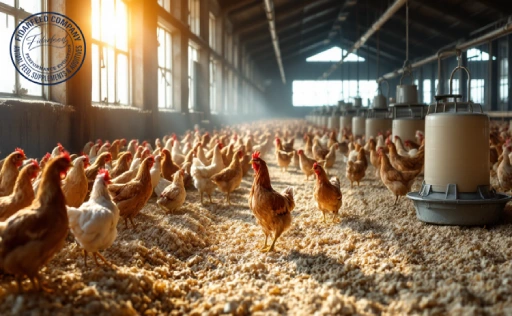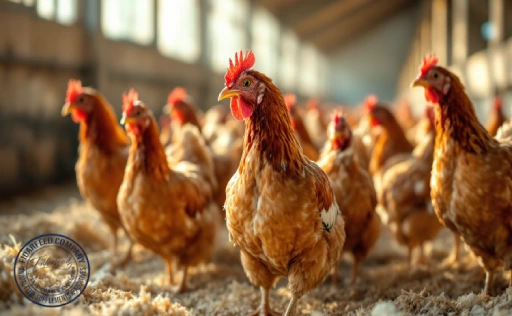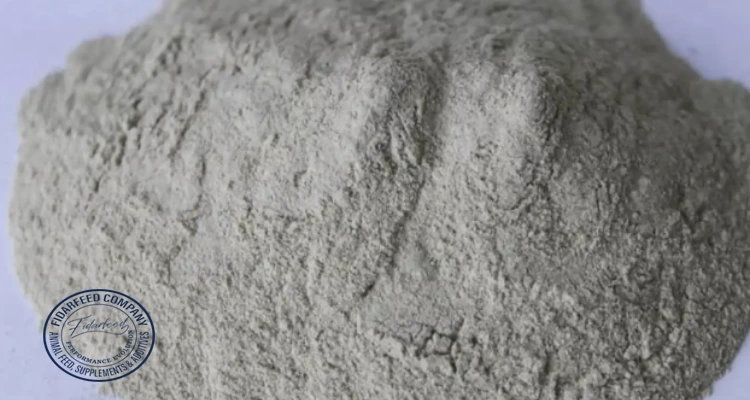
Bentonite Feed has become a trusted solution for breeders aiming to boost animal health, feed efficiency, and overall farm productivity. From small-scale poultry operations to large livestock farms, breeders are increasingly turning to bentonite-based products to address common health and nutritional challenges. This article dives deep into what bentonite feed is, why it matters, and how it can make a meaningful difference in your animals’ well-being. Read on to explore how you can make smarter, science-backed decisions for your farm.
What Is Bentonite Feed and Why Is It Gaining Popularity?
Bentonite feed refers to the use of bentonite clay—a natural, absorbent mineral—as a functional ingredient in animal feed. Bentonite’s primary value lies in its ability to bind toxins and support gut health. As more breeders seek natural alternatives to synthetic additives, bentonite feed has gained traction for its cost-effectiveness and multiple benefits.
Learn more about: Bentonite
It’s popular not just because of the trends toward clean, sustainable feeding, but because it works. Breeders have seen noticeable improvements in animal vitality, reduced cases of digestive issues, and better overall feed efficiency.
Key Benefits of Bentonite Feed for Livestock and Poultry
Using bentonite feed can deliver a wide range of advantages:
- Toxin Binding: Bentonite effectively binds mycotoxins—harmful substances produced by fungi in feed grains—reducing their absorption in the animal’s gut.
- Improved Digestion: By stabilizing gut pH and supporting microbial balance, bentonite helps animals digest feed more efficiently.
Learn more about: The Application of Bentonite in Fish and Shrimp Feed
- Enhanced Growth Rates: Healthier digestion leads to better nutrient absorption, which translates into faster growth and better weight gain.
- Immune Support: A clean gut environment helps reduce stress on the immune system, allowing animals to better resist disease.
For instance, poultry farms using bentonite in starter feeds often report stronger chicks, reduced diarrhea, and improved flock uniformity.
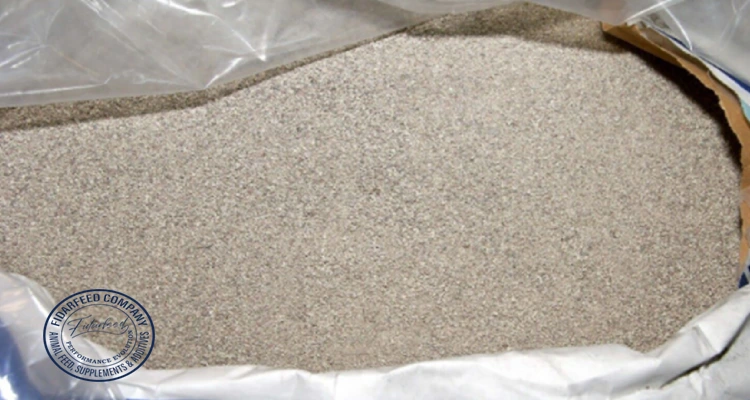
How Bentonite Works Inside the Animal’s Body
Once ingested, bentonite forms a gel-like consistency in the digestive tract. This sticky gel traps toxins, bacteria, and harmful compounds, preventing them from being absorbed into the bloodstream.
Learn more about: Where to Find Reliable Bentonite Retailers for Small Feed Operations
In ruminants like cows and sheep, bentonite can also help stabilize rumen fermentation by absorbing excess moisture and balancing volatile fatty acids. In poultry and monogastric animals, it helps maintain gut integrity and prevents nutrient losses due to inflammation or irritation.
Types of Bentonite Used in Animal Feed
There are two main types of bentonite used in feed:
- Sodium Bentonite: Known for its high swelling capacity and water absorption, ideal for toxin binding and moisture control in feeds.
- Calcium Bentonite: Less swelling but still effective as a detoxifier and mineral source.
Learn more about: Bentonite in Animal Feed: Applications, Dosage, and Safety Tips
Each type has specific applications. For instance, sodium bentonite is preferred in poultry diets for its binding efficiency, while calcium bentonite may be more suitable where mineral balance is a priority.
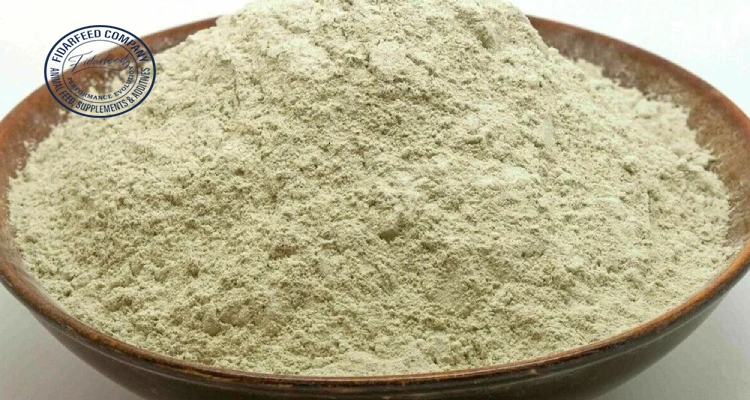
Practical Applications of Bentonite Feed on Farms
Bentonite can be used in several ways:
- Mixed into Feed Rations: Typically at 1-2% inclusion rates, depending on the animal species and feed formulation.
- Pellet Binder: Helps improve pellet durability and reduce dust.
Learn more about: Tips for Buying High-Quality Bentonite at Competitive Prices
- Litter Treatment: In poultry houses, bentonite can be used to absorb ammonia and moisture in bedding.
- Manure Management: Added to waste to control odor and improve composting.
One dairy farm, for example, added 1.5% sodium bentonite to its TMR (Total Mixed Ration) and saw a 10% improvement in milk yield over 60 days.
Scientific Research Supporting the Use of Bentonite Feed
Numerous peer-reviewed studies validate the benefits of bentonite:
- A 2020 study in Animal Feed Science and Technology found that broilers fed bentonite had significantly lower aflatoxin levels in blood and better weight gain.
- Research published in Livestock Science reported improved feed conversion ratios and a reduced incidence of diarrhea in piglets supplemented with bentonite.
Such findings are vital for breeders who need scientifically-backed solutions that deliver measurable results.
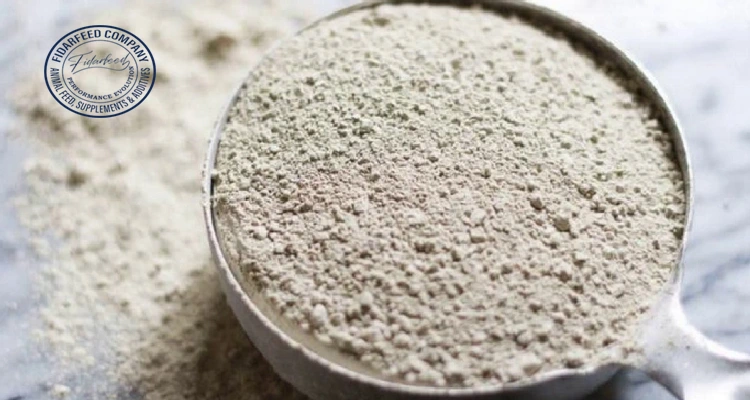
How to Choose the Right Bentonite Feed for Your Animals
Not all bentonite is created equal. When selecting a product, consider:
- Purity: Look for high-purity bentonite with low levels of heavy metals.
- Particle Size: Finer particles mix better with feed and offer more uniform action.
Learn more about: How Bentonite Improves Cow Rumen Function
- Moisture Content: Ideal levels should be under 15%.
- Certification: Always buy from certified sources that test for contaminants and performance.
If possible, test a small batch on your farm to monitor animal response before making a large purchase.
Avoid These Common Feeding Mistakes on Your Farm
Even good ingredients can go wrong if misused. Avoid these pitfalls:
- Overuse: Excessive bentonite can interfere with nutrient absorption.
- Poor Mixing: Uneven distribution in feed can lead to inconsistent results.
- Low-Quality Sources: Uncertified bentonite may contain harmful contaminants.
A smart approach is to start with a recommended dose and monitor animal behavior, feed intake, and production output.
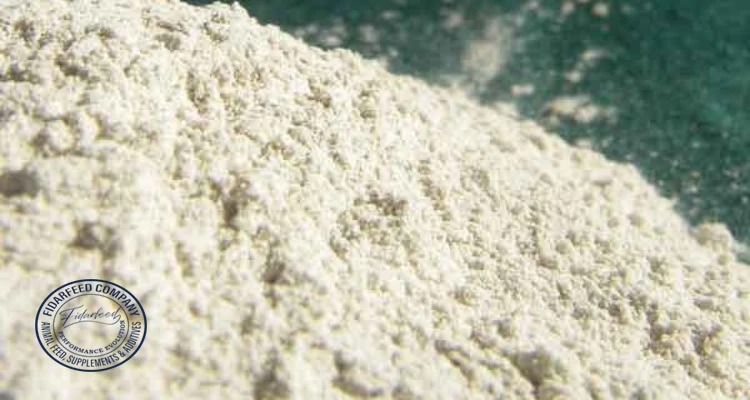
Pairing Clay-Based Additives with Probiotics and Minerals
Bentonite works even better when paired with:
- Probiotics: Enhances gut flora while bentonite clears out pathogens.
- Yeast Cultures: Improves fermentation in ruminants.
- Minerals & Vitamins: Complements the binding effect of bentonite for balanced nutrition.
Learn more about: Top Bentonite Manufacturers for Animal Feed: What to Look For
These combinations create a synergistic effect, supporting animal health from multiple angles.
Is This the Right Feed Ingredient for Your Animals?
Bentonite feed is more than a trend—it’s a proven, natural way to improve animal health, reduce losses, and enhance performance. When used correctly and sourced responsibly, it can be a game-changer for both small and large operations.
Whether you’re raising broilers, fattening sheep, or managing a dairy herd, consider how bentonite could fit into your feeding strategy. Make informed choices, test results, and never hesitate to ask questions or seek guidance.
We’d love to hear from you! Share your experiences, ask your questions, or leave a comment below. Your insights can help others in the breeder community make smarter, healthier decisions.

